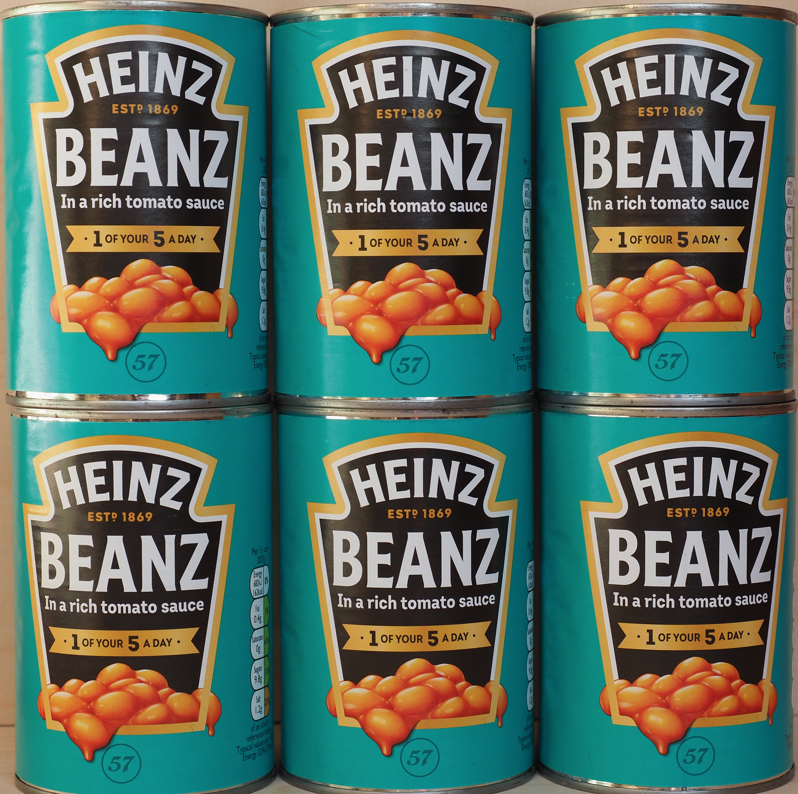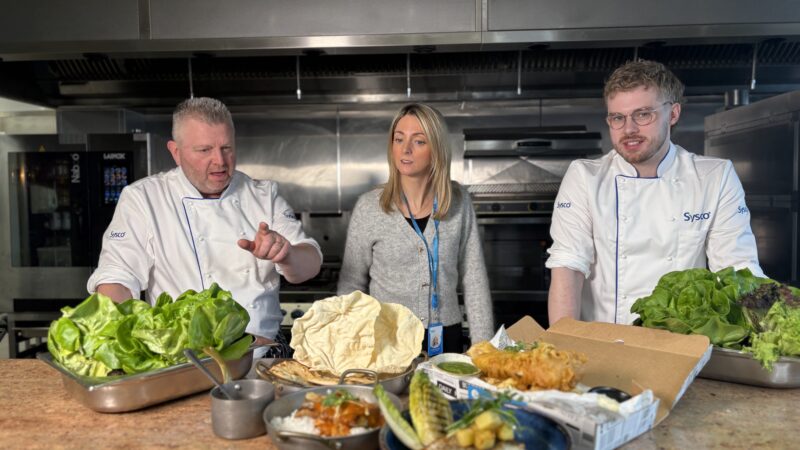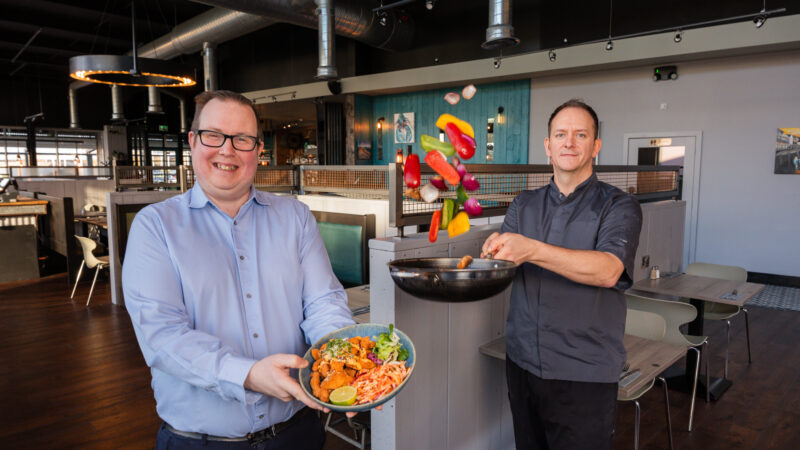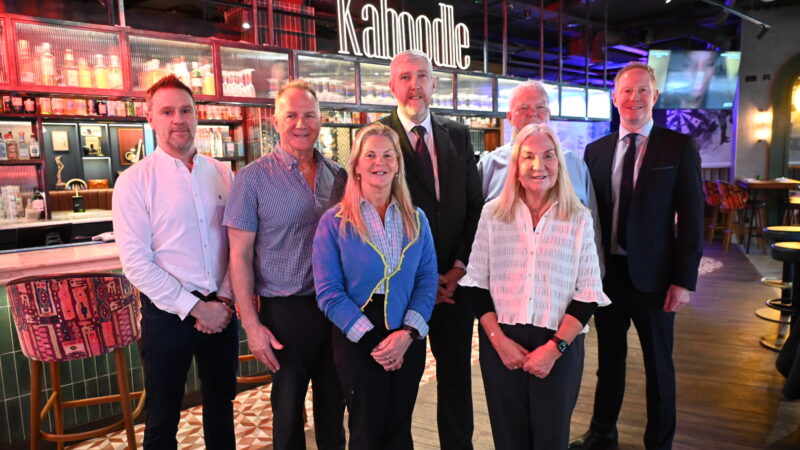Kraft Heinz food price rises bad news for rising restaurant prices

Businesses and small consumers will have to get used to higher food prices, the boss of Kraft Heinz has warned.
Speaking to the BBC, CEO Miguel Patricio said the international food giant, which makes tomato sauce and baked beans, was putting up prices in several countries, “across the board”.
The news comes after official figures showed the cost of living, as measured by the Consumer Prices Index, hit 3.2% in the year to August.
Higher prices in restaurants and for recreation and food were behind the spike, up from 2% the previous month.
The cost of ingredients such as cereals and oils has pushed global food prices to a 10-year high, according to the UN Food and Agriculture Organisation.
Kraft Heinz has increased prices on more than half its products in the US, its home market, and Mr Patricio said this was happening elsewhere too, citing a lack of truck drivers in the UK.
“We are raising prices, where necessary, around the world,” he said.
During the pandemic, many countries saw production of raw materials, ranging from crops to vegetable oils, fall due to Covid measures.
As restrictions have ended, the supply of these products has not been able to keep up with returning demand, leading to higher prices, with the additional impact of wages and energy prices.
“Specifically in the UK, with the lack of truck drivers. In [the] US logistic costs also increased substantially, and there’s a shortage of labour in certain areas of the economy,” Mr Patricio said.
Rising population
He warned that consumers will need to get used to higher food prices given that the world’s population is rising whilst the amount of land on which to grow food is not.
But not all cost increases should be passed on to consumers, Mr Patricio cautioned, saying businesses would have to absorb some of the rise in costs.
“I think it’s up to us, and to the industry, and to the other companies to try to minimise these price increases,” he said.
However, big food producers like Kraft Heinz, Nestle and PepsiCo “will most likely have to pass that cost on to consumers” according to Kona Haque, head of research at agricultural commodities firm ED&F Man.
“Whether it’s corn, sugar, coffee, soybeans, palm oil, you na
me it, all of these basic food commodities have been rising,” she said.
“Poor harvests in Brazil, which is one of the world’s biggest agricultural exporters, drought in Russia, reduced planting in the US and stockpiling in China have combined with more expensive fertiliser, energy and shipping costs to push prices up.”
Transport costs
PepsiCo has also wanted that it is also facing rising costs on everything from transport to raw ingredients, and said that further price rises were likely at the start of next year.
Mr Patricio admitted the pandemic boosted sales for some Kraft-Heinz brands,because people were cooking at home more than before.
Customers in the UK bought more Heinz Baked Beans, while customers in the US bought more Kraft Mac & Cheese.
The company is also undergoing an extensive restructuring under Mr Patricio, who also says it is spending significant sums on developing new packaging to meet its aims on reducing plastic waste.
Most of the 650 million bottles of ketchup the firm sells every year are plastic, but Mr Patricio said the firm was “encouraging” customers to buy glass bottles even though they are less convenient “because you have to tap on the bottom”.
“We are working hard, not only on the plastic bottles, but everywhere in our footprint that has plastic,” he said.
However following a shortage of single serving sachets during the pandemic, as consumers bought more takeaways from restaurants, Kraft Heinz has invested in expanding production by 30%.







